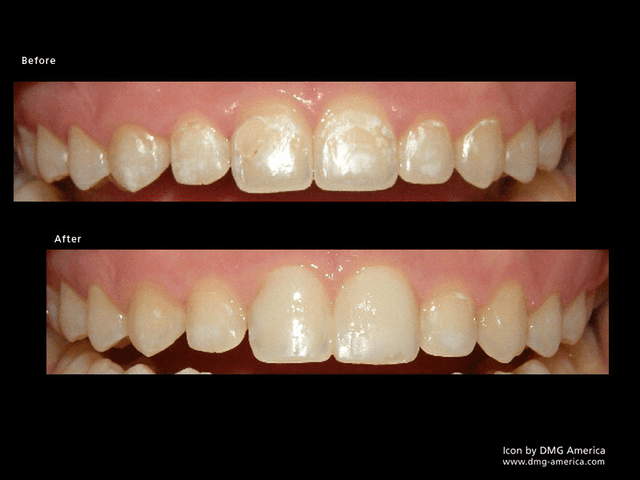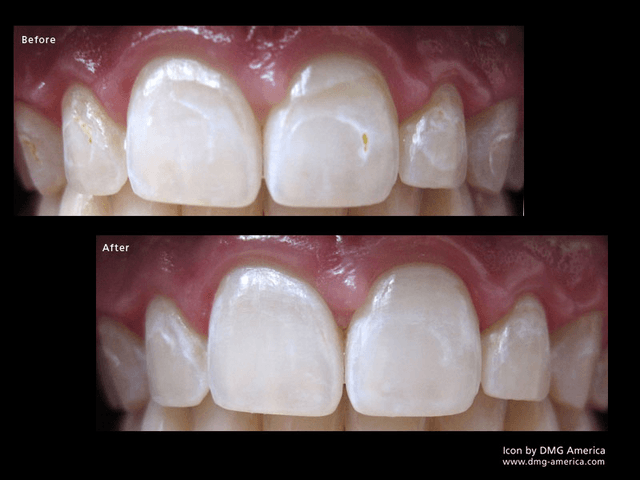
A lot of times, when people think of their oral health, the teeth instantly come to mind. However, the gums are incredibly important as well. Our gum tissue, or gingiva, helps to hold the teeth in place and serves as a protective seal to keep out harmful bacteria. Additionally, the health of our gums is tied to our overall health since gum disease is linked to a host of problems, including tooth loss, heart disease, stroke, hypertension, diabetes and, in women, premature birth and low-birth-weight babies. Our Naperville general dentists and specialists are gum disease experts and we’re covering the basics here in our guide to gum disease.
Key Highlights:
- Gum disease is caused by a bacterial infection and, if untreated, can lead to the destruction of the bone and connective tissue that support the teeth.
- The signs of gum disease include red, swollen, bleeding gums, changes in your bite, bad breath and receding gums.
- Gingivitis is gum disease in its earliest stages and is still reversible with professional cleanings and proper homecare.
- Periodontitis, the more advanced stage of gum disease, isn’t reversible but can be managed by your dentist to prevent further damage and tooth loss.
- Gum disease treatment options include professional dental cleaning, scaling and root planing, and more extensive procedures.
What is Gum Disease?
Gum disease, or periodontal disease, is when bacteria in the mouth cause infection and inflammation of the gums and surrounding tissues. It can progress and lead to the destruction of the bone, which in turn, can eventually result in tooth loss. There are stages of gum disease. The first stage of periodontal disease is gingivitis. This is when plaque buildup at the gumline causes inflammation. You may notice red, swollen, sore gum tissue and bleeding when you floss. However, in this early stage, gum disease can be reversed.
The next stage of periodontal disease is periodontitis. Once gingivitis advances to periodontitis, the bone and connective tissue that support the teeth have been damaged irreversibly. You may start to form pockets below the gumline that trap plaque and food. Your dentist, along with a solid homecare routine, can prevent further damage.
The final step in the stages of gum disease is advanced periodontitis. The connective tissue and bone have been destroyed and your teeth have likely shifted or started to loosen. Aggressive treatment could help to save the teeth but, if it fails, you could need to have some teeth removed.
Gum Disease Symptoms
The symptoms and signs of gum disease, include:
- Puffy, swollen gums
- Gums that bleed
- Bright red or purplish gums
- Gums that are tender when touched
- Spitting out blood after brushing or flossing
- Bad breath
- Pus between the teeth and gums
- Receding gums that make your teeth look longer than normal
- Change in your bite (the way the teeth fit together)
- Loose teeth
- Pain when chewing
- Spaces developing between teeth that weren’t there before
- Change in the fit of partial dentures
- Tooth loss
What Causes Gum Disease?
As for what causes gum disease, the main cause is plaque build-up. When plaque accumulates on the gumline because it’s not removed with brushing, flossing and professional dental cleanings, it can lead to gingivitis. If this isn’t treated and reversed, it will eventually cause periodontitis. However, there are other risk factors that increase the likelihood a person develops gum disease, including:
- Smoking or using chewing tobacco
- Certain medications, such as anticonvulsants, oral contraceptives, steroids, calcium channel blockers and chemotherapy
- Crowded or crooked teeth that are hard to clean
- Diabetes
- Poorly fitted dental appliances
- Pregnancy
- Genetics
- Compromised immunity as with HIV/AIDS
Gum Disease Treatment
When you have gingivitis, it’s all about reversing gum disease and this can often be done with a professional dental cleaning and a dedicated homecare routine. When you come in for a cleaning, a team member will gently remove the hardened plaque, called calculus or tartar, that you can’t get rid of with a toothbrush at home. You’ll want to brush your teeth at least twice a day and floss once daily in between cleanings. We may also suggest or prescribe a mouthwash depending on your needs.
If misaligned teeth are at the root of your gingivitis, once we reverse the infection, you may want to consider orthodontic treatment because straight teeth are easier to clean, which can prevent a recurrence of gum disease. As part of Innovative Dental Partners, we’re under the same roof as Innovative Orthodontic Centers. Board-certified orthodontists Dr. Manal Ibrahim and Dr. Christine Gin offer cutting-edge treatment, such as Invisalign® and braces with SureSmile® prescription wires to achieve results more more comfortably and conveniently. Not only will straightening your teeth improve your oral health but, as an added bonus, you’ll get a fantastic smile too.
If you have periodontitis, you may require scaling and root planing. This is where we get rid of buildup above and below the gumline all the way to the bottom of the gum pockets. We then smooth the tooth roots, which helps prevent plaque from sticking to them. We may also use antibiotics or an antimicrobial cream to prevent infection. That may sound intimidating, but at Naperville Dental Specialists, we believe in painless dentistry and use the latest advances to make procedures comfortable. Once we’ve completed this deep cleaning, you’ll just come in for regular maintenance appointments so we can prevent plaque buildup and keep your gums healthy.
In cases of advanced periodontitis, there are other gum disease treatment options, such as flap surgery and grafts, which you’ll discuss with your dentist on an individual basis. While reversing gum disease isn’t a possibility at this point, these procedures can sometimes save your teeth. You’ll also have to continue with gum disease treatment at home with regular brushing, flossing and mouthwash.
Are you interested in Naperville gum disease treatment? Schedule a visit at Naperville Dental Specialists today by calling us at (630) 848-2010! Our knowledgeable dentists will help you restore your gums to optimal health. You can read about the measures we’re taking to keep our patients safe during the coronavirus here.

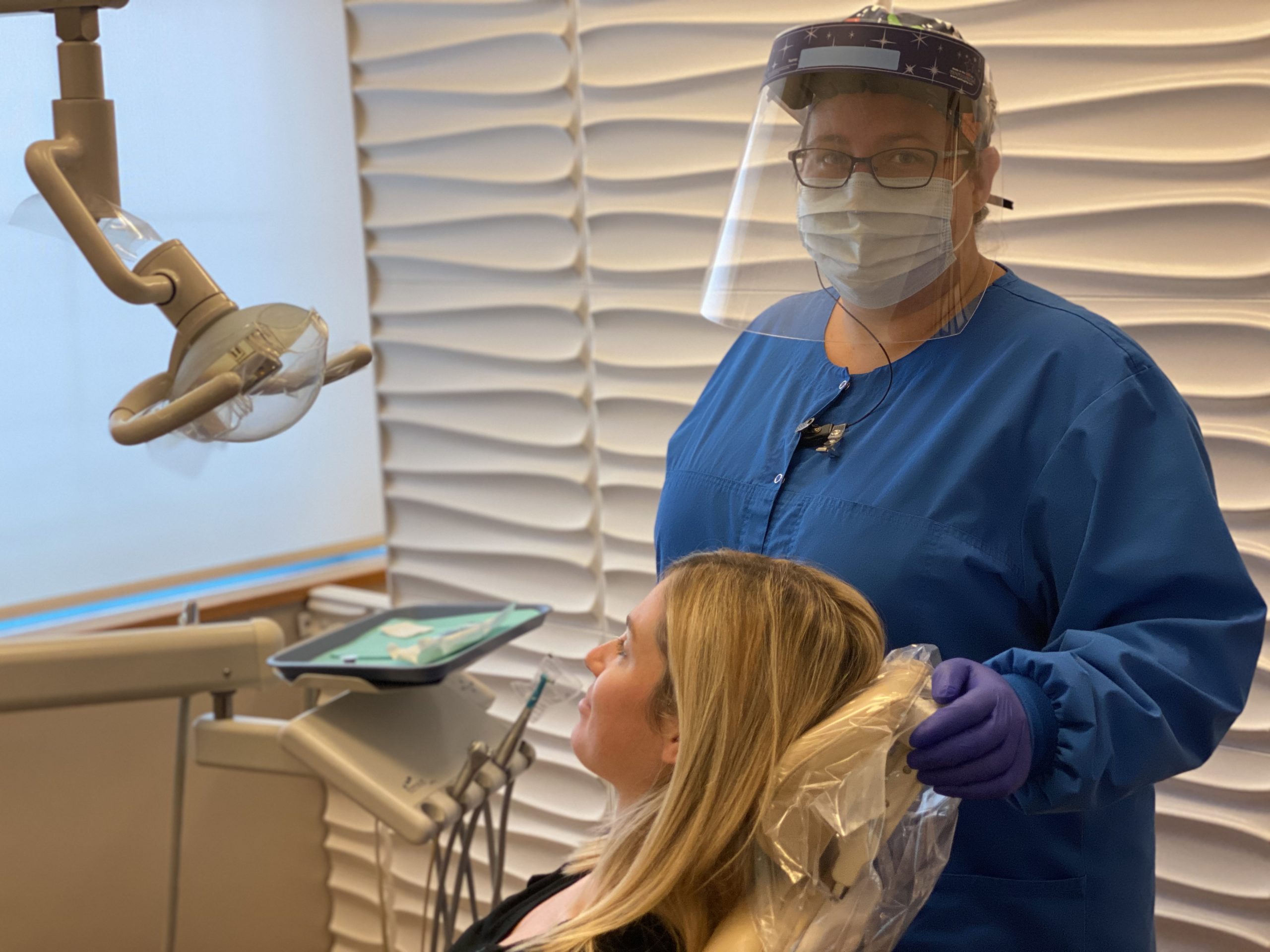



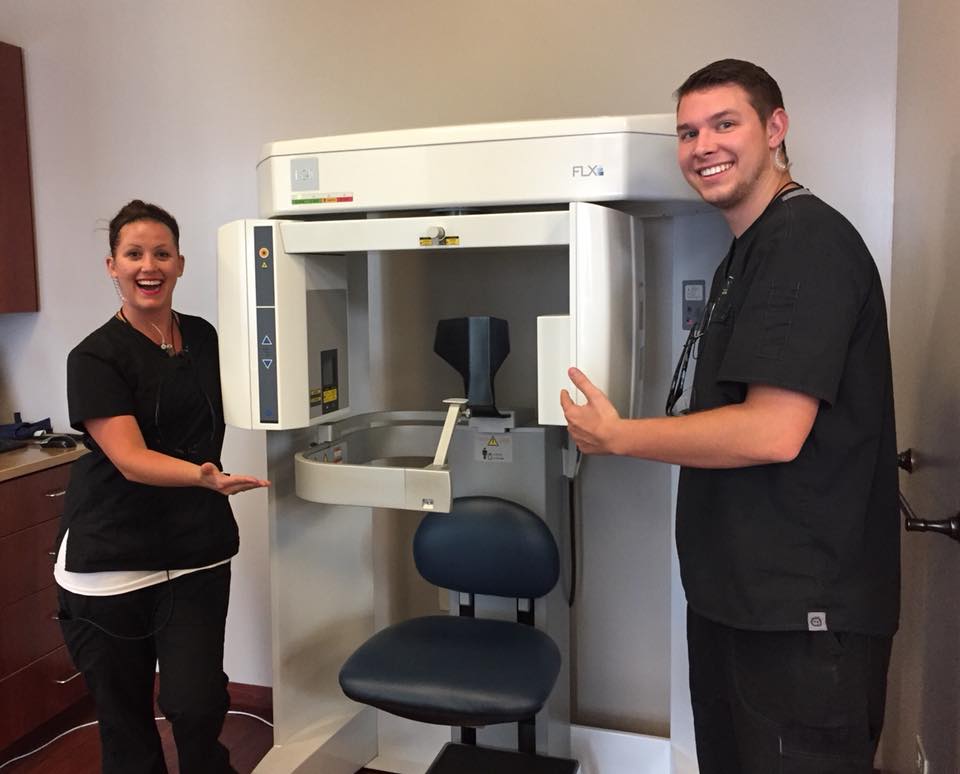
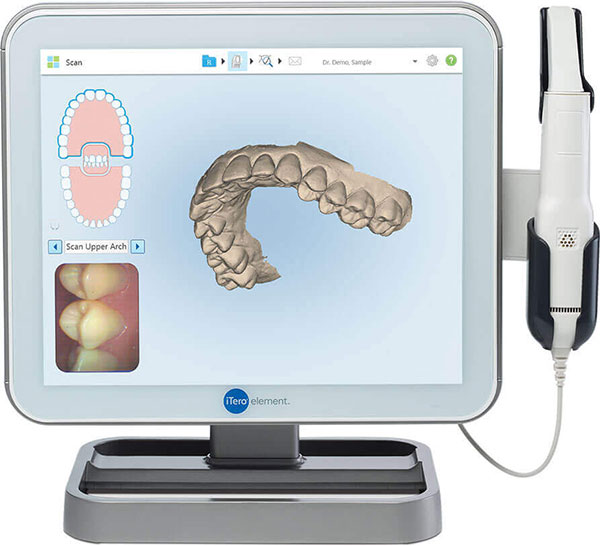
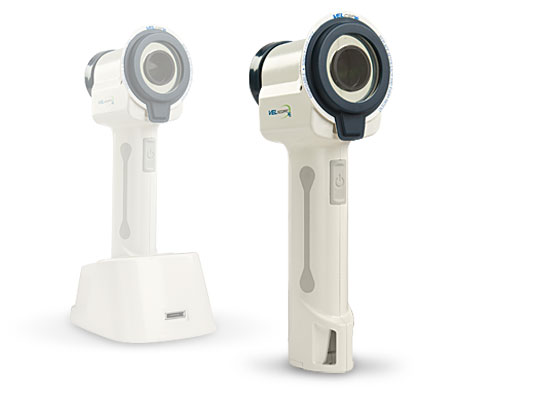 5. ICON Infiltration Technique
5. ICON Infiltration Technique

